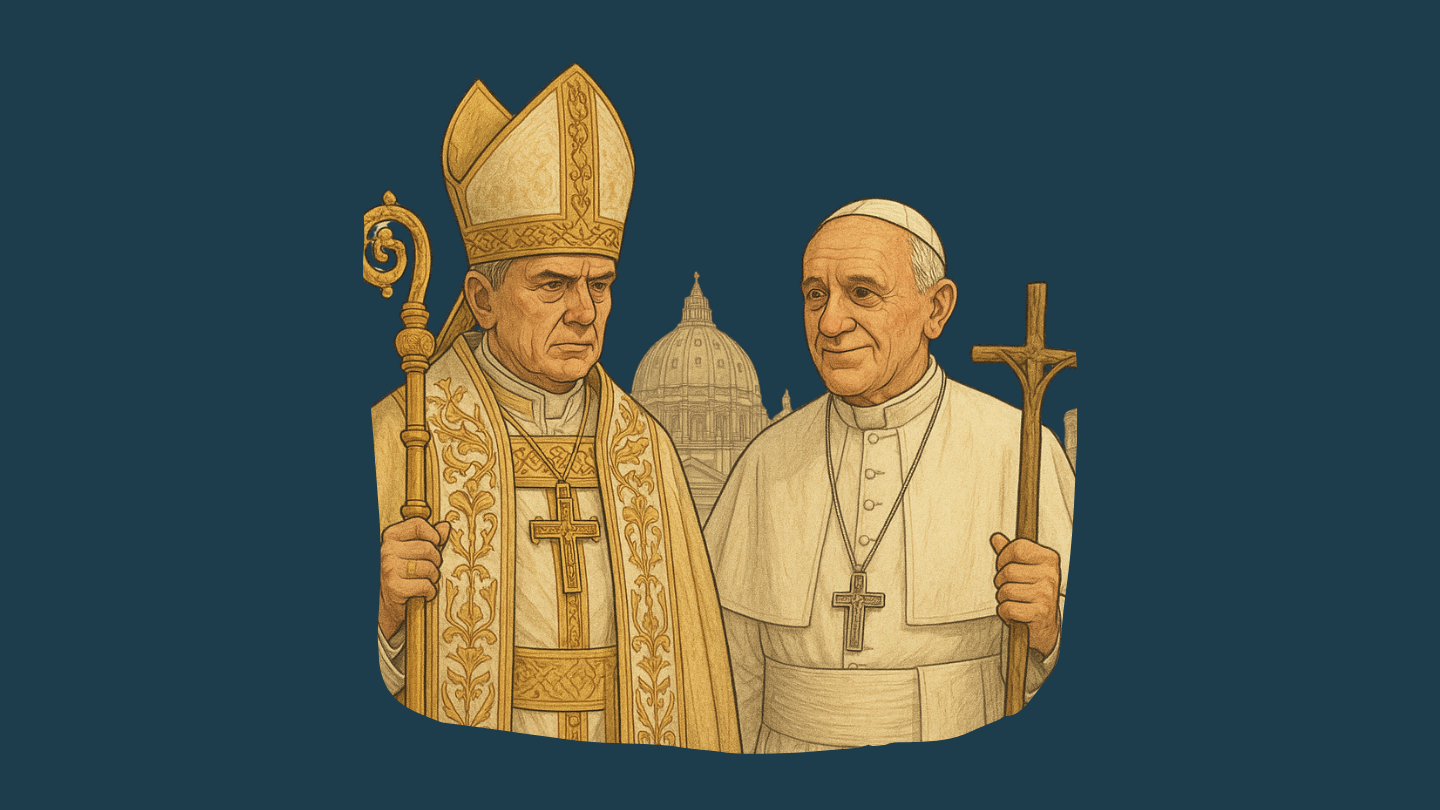Faltering
adjective
Translations
Arabic: متردد
Chinese (Mandarin): 蹒跚的
French: hésitant
German: zögernd
Hindi: हिचकिचाता हुआ
Japanese: よろめく
Korean: 비틀거리는
Polish: niepewny
Portuguese: hesitante
Russian: неуверенный
Spanish: vacilante
Thai: ที่ลังเล
Turkish: tereddütlü
Vietnamese: do dự
Empty space, drag to resize
Whilst every care has been taken to ensure accuracy, translations could be misleading. Check with your teacher if you are unsure.
Don't see your language? Try Google Translate
Don't see your language? Try Google Translate
Definition/s
- Lacking strength or confidence; hesitating or wavering in movement, speech, or action.
- Becoming weaker or less effective.
Examples
- Her faltering steps showed how tired she was after the long journey.
- The faltering voice of the speaker betrayed his nervousness.
- Their faltering economy is in desperate need of reform.
Falteringly
adverb
Translations
Arabic: بشكل متردد
Chinese (Mandarin): 蹒跚地
French: hésitamment
German: zögerlich
Hindi: हिचकिचाते हुए
Japanese: よろよろと
Korean: 비틀거리며
Polish: niepewnie
Portuguese: hesitante
Russian: неуверенно
Spanish: vacilantemente
Thai: อย่างลังเล
Turkish: tereddütle
Vietnamese: một cách do dự
Empty space, drag to resize
Whilst every care has been taken to ensure accuracy, translations could be misleading. Check with your teacher if you are unsure.
Don't see your language? Try Google Translate
Don't see your language? Try Google Translate
Definition/s
- In a way that shows hesitation, lack of confidence, or unsteadiness.
Examples
- He spoke falteringly, unsure of the right words to use.
- The old man walked falteringly across the icy pavement.
- She falteringly reached for the pen, her hands shaking.
What are Openers?

- Openers are conversation starters you will use to participate in a discussion. They come in three forms:
1. Open Questions
- Ask an open question and understand your conversation partners’s views.
- Make sure to ask follow ups, and remember: this is a conversation, not an interview!
2. Stories
- Tell a personal story. Something that has happened to you, or somebody you know.
- Or tell us about something that you have done or seen.
- Your conversation partners must then follow up with you or reciprocate with their own stories.
3. Opinions
- Share an opinion about something that the content has inspired.
- Respectfully identify any agreement or disagreement there is in the room.
What are Openers?

- Openers are conversation starters you will use to participate in a discussion. They come in three forms:
1. Open Questions
- Ask an open question and understand your conversation partners’s views.
- Make sure to ask follow ups, and remember: this is a conversation, not an interview!
2. Stories
- Tell a personal story. Something that has happened to you, or somebody you know.
- Or tell us about something that you have done or seen.
- Your conversation partners must then follow up with you or reciprocate with their own stories.
3. Opinions
- Share an opinion about something that the content has inspired.
- Respectfully identify any agreement or disagreement there is in the room.
The Skinny
You’ve been asked to brief a senior executive (the “boss”) on a key issue from a recent business news event. This person is busy and relies on you to give them insight, not headlines.
You have 60–90 seconds to deliver a concise, high-value update tailored to their concerns and communication preferences.
1. Read the boss profile carefully.
- Who are they?
- What do they care about?
- What do they not want to hear?
2. Stick to their focus.
- What part of the story matters most to them?
- Don’t explain everything—prioritise.
3. Use business English.
- Be clear, precise, and professional.
- Avoid informal or emotional language.
Two Papal Styles: Clerical vs. Pastoral

Not all popes lead the same way. Some focus more on rules and tradition, while others focus on care and connection. These two styles are often called clerical and pastoral.
Understanding the difference can help us see why Pope Francis felt so different from past leaders—and why some people loved his style while others disagreed with it.
Understanding the difference can help us see why Pope Francis felt so different from past leaders—and why some people loved his style while others disagreed with it.
🟣 Clerical Style
- Focuses on rules, tradition, and Church authority
- Speaks with clear, firm direction
- Keeps strong boundaries between Church leaders and members.
Example: A clerical pope might defend strict Church teachings on family or sacraments.
🟢 Pastoral Style
- Focuses on compassion, listening, and inclusion
- Tries to meet people where they are.
- Emphasises mercy over judgment.
Example: A pastoral pope might welcome divorced people or support migrants and the poor.

